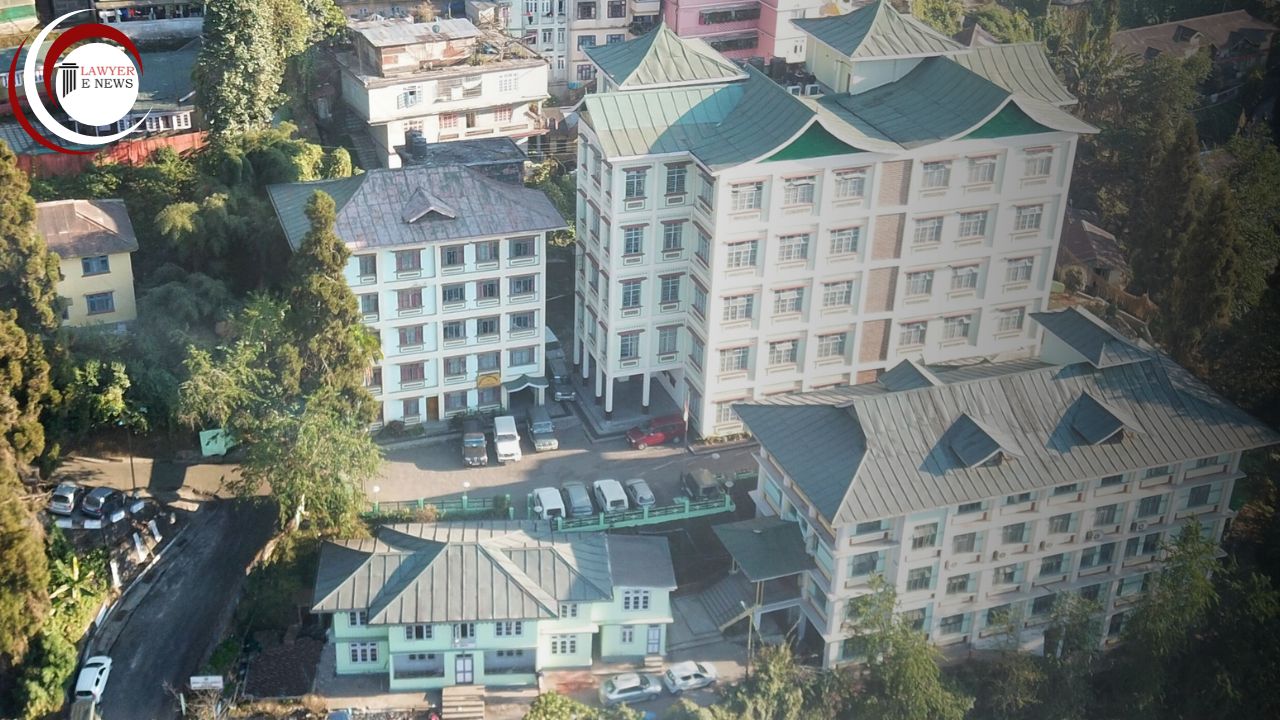-
by Admin
15 February 2026 5:35 AM



High Court Exonerates Insurance Company, Holds Registered Owner and Transferee Liable for Compensation
The High Court of Himachal Pradesh has ruled in favor of United India Insurance Company Ltd., exonerating it from liability to pay compensation in a motor accident claim. The court held that the registered owner and the transferee of the vehicle are jointly and severally liable for the compensation amounting to ₹14,04,000 to the claimants, rejecting the application of the “pay and recover” principle against the insurance company.
The case stems from an accident on February 21, 2010, where Piar Singh, the husband of claimant No.1 and father of claimants No.2 to 5, died. Singh was traveling in a vehicle driven by Achhar Pal, with Santosh as the registered owner and Pawan Kumar as the transferee. The Motor Accident Claims Tribunal (MACT) held that the accident resulted from rash and negligent driving by Pal and awarded compensation, which the insurance company was initially ordered to pay.
The court observed and analyzed two main issues: the quantum of compensation and the liability of the insurer to pay the compensation.
The insurer argued that the tribunal had overestimated the monthly income of the deceased at ₹6,000, which should have been ₹4,158 based on minimum wage notifications. However, the court upheld the tribunal’s assessment, citing the Supreme Court’s decision in “Kubrabibi & Ors. Vs. Oriental Insurance Co. Ltd. & Ors.” Which supports considering the notional income for those employed in the unorganized sector. Consequently, the compensation was recalculated as follows:
Monthly Income: ₹6,000
Future Prospects: 40% addition (₹2,400)
Total Monthly Income: ₹8,400
Annual Income (after ¼ deduction): ₹75,600
Multiplier of 15: ₹11,34,000
Loss of Consortium: ₹2,40,000
Loss of Estate and Funeral Expenses: ₹30,000
Total Compensation: ₹14,04,000
Liability of the Insurer:
The court noted that three insurance policies were produced for the vehicle, but all were ‘Act Policies’ (Liability Only Policies), which do not cover the risk towards occupants of the vehicle. It was highlighted that Act Policies only cover third-party risks. Consequently, the insurer’s liability to indemnify the owner towards the death of an occupant in the vehicle was rejected.
Justice Jyotsna Rewal Dua cited several precedents, including “National Insurance Co. Ltd. V. Balakrishnan and another” and “Yashpal Luthra v. United India Insurance Co. Ltd.,” to distinguish between Act Policies and comprehensive/package policies. The court concluded that the insurance company is not liable for claims under Act Policies unless additional premiums are paid to cover the risk towards occupants.
“The registered owner of the vehicle, who remains listed in the records of the registering authority, cannot evade liability towards third parties,” Justice Dua stated. “The insurer, under an Act Policy, does not cover the risk towards occupants unless it is a comprehensive/package policy.”
The High Court’s decision underscores the distinction between Act Policies and comprehensive/package policies in motor accident claims. By exonerating the insurance company and holding the registered owner and transferee liable, the judgment clarifies the scope of liability under different types of motor insurance policies, ensuring that claimants pursue the correct parties for compensation.
Date of Decision: July 19, 2024
United India Insurance Company Ltd. V. Raksha Devi and others
